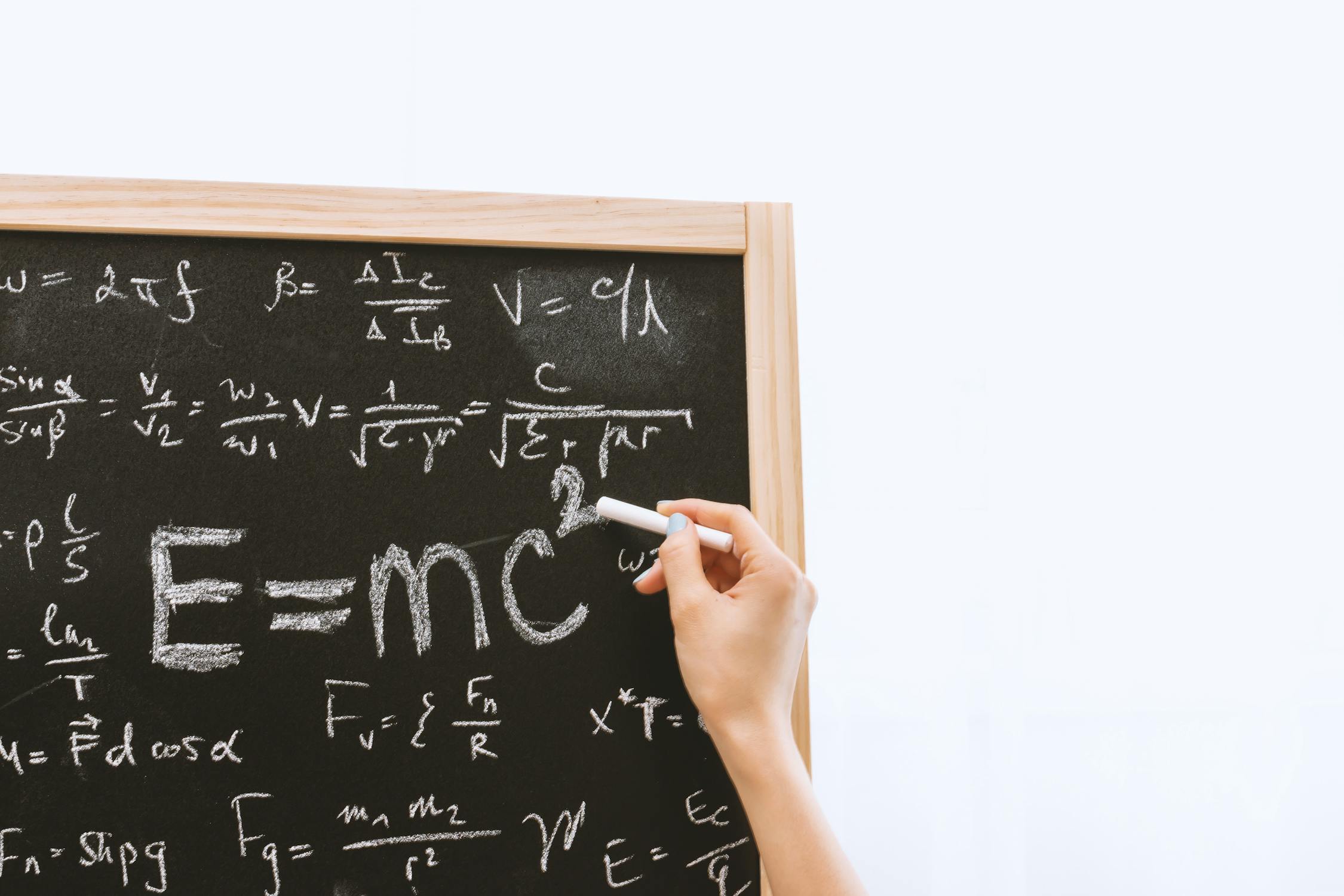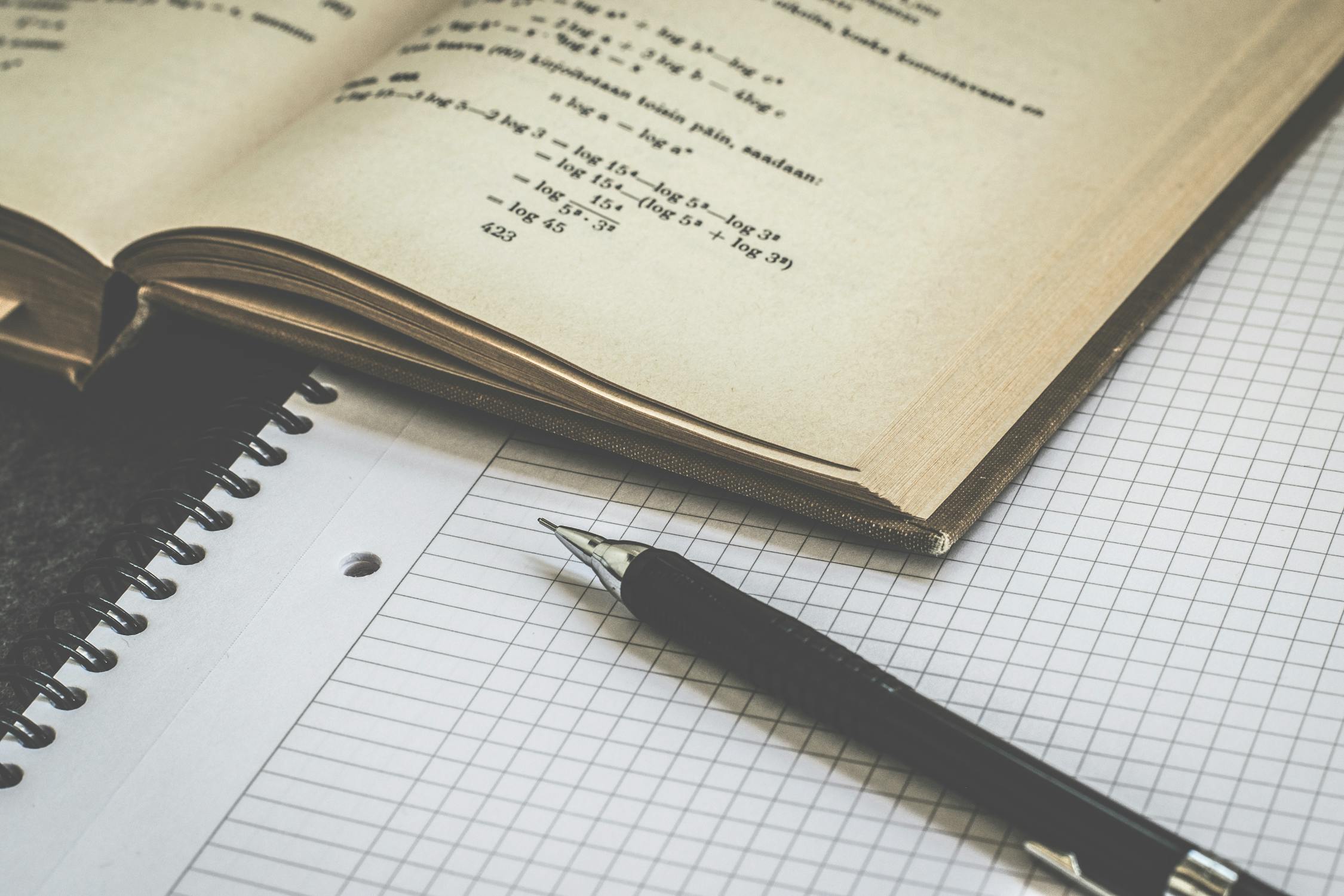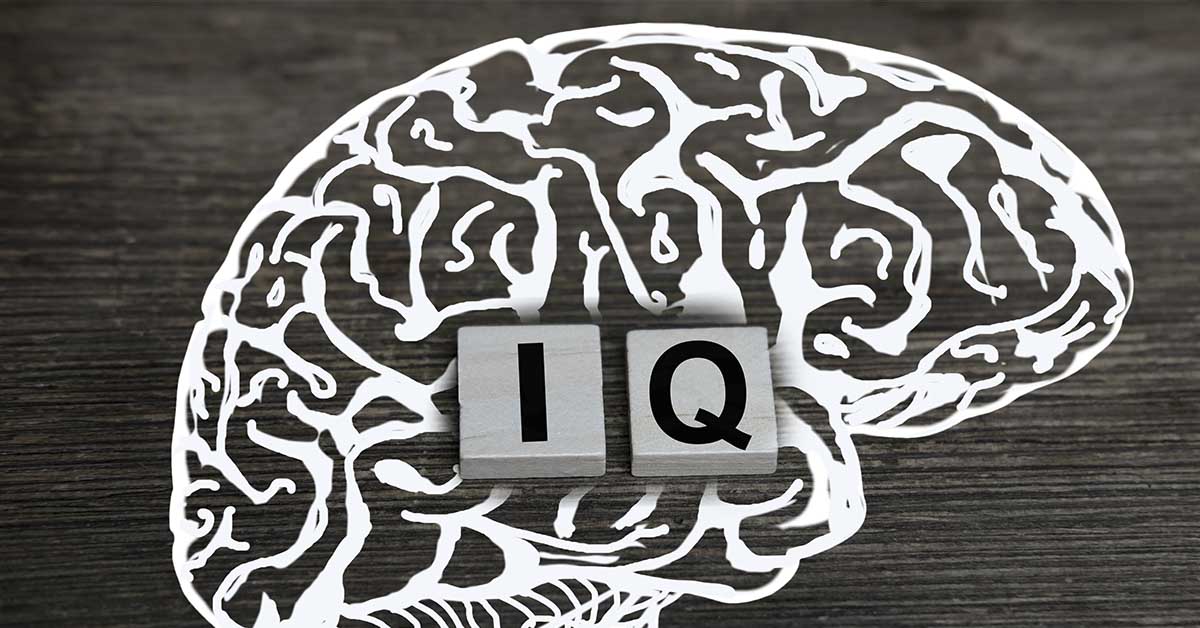Mensa recently welcomed an extraordinary new member: a 13-year-old girl who achieved a higher IQ score than Albert Einstein. Sofia Kot Arcuri, a teen from Kings Hill, Kent, joined Mensa after earning a top score of 162 on the IQ test. She completed the test with no formal preparation, making her achievement even more impressive. This rare score is above the estimated IQs of both Einstein and Stephen Hawking, who were each believed to be around 160. Sofia’s story is a celebration of natural intelligence, curiosity, and youthful potential.
Sofia’s Journey to an Exceptional Score
Sofia’s path to Mensa membership began with a simple suggestion from her mother. Cecylia Kot Arcuri noticed her daughter’s unique ability to recall facts and solve problems far beyond her age level. She often shared random trivia and thought deeply about the world around her. Encouraged by her family, Sofia took the official Cattell III B test used by Mensa to measure IQ. Though she didn’t study or receive special coaching, she achieved the highest score possible for someone under 18. Her results placed her in the top one percent of the population for intelligence.

Unlike many students who spend weeks preparing for major exams, Sofia went in without practice or pressure. Her mom said they had intended to prepare but ran out of time. That lack of prep makes her perfect score even more surprising. Most adults who take this test struggle to reach similar numbers. The results were so strong that the test administrator asked if Sofia had seen the questions before, which she had not. This reinforces the accuracy and authenticity of her outcome.
Beyond Academics: A Well-Rounded Mind
Although her IQ score earned her headlines, Sofia’s brilliance is not limited to test results. She excels across multiple areas of life. At school, she is at the top of her class in computer science. She wants to pursue a future in coding, which she says brings her joy and feels like a fun puzzle. Sofia has already begun writing small programs and debugging issues most students her age might find difficult.
Her talents extend into creative fields as well. Sofia studies ballet and has been dancing since she was a child. She also plays piano and sings, performing in musical theatre productions. This combination of academic strength and artistic ability is rare and shows how well-rounded she is. Her ability to balance science and art highlights a broader kind of intelligence not always captured in standardized testing.
At home, Sofia enjoys solving coding challenges and watching tech videos to learn new skills. She frequently helps friends and teachers fix programming errors, and once even spotted a bug in her class software that the instructor hadn’t noticed. This hands-on approach to learning keeps her motivated and curious.
Read More: Teen Trio Wins 2025 Earth Prize for Revolutionary Salt-Powered Refrigerator To Be Used in Hospitals
Intelligence in the Family Line
Sofia’s family background may offer clues to her advanced intellect. Her grandfather, Antoni Kot, was a respected mathematician and headteacher in Poland. He worked in education for decades and tutored students in math well into his 80s. Her mother believes Sofia inherited both his love for learning and his analytical thinking. Stories of her grandfather’s mental agility and teaching methods have inspired Sofia to continue developing her skills.

Even without formal coaching, Sofia’s environment appears to nurture curiosity. Her parents encourage questions, discussions, and exploration at home. From an early age, she was surrounded by books, science shows, and logic games. This environment may have played a key role in sharpening her critical thinking and focus.
Cecylia says that while they are proud of her score, it’s her personality that truly stands out. “She’s kind, funny, and humble,” her mother shared in an interview. Despite the attention she’s received, Sofia remains grounded and focused on her future.
What Mensa Represents Today
Mensa is a high IQ society that accepts only individuals who score in the top two percent on recognized intelligence tests. Founded in 1946, Mensa now includes over 150,000 members from more than 90 countries. Members come from every age group and profession, from scientists and authors to actors and astronauts. The organization exists to promote intellectual exchange and provide a space for like-minded people to share ideas.
Joining Mensa opens opportunities to connect with other brilliant individuals and take part in intellectual discussions and events. For young members like Sofia, Mensa also offers support networks and programs designed to nurture gifted children. These resources can make a big difference during critical developmental years.
Sofia now joins a legacy of accomplished members, including Isaac Asimov, Nolan Gould, and Commander Chris Hadfield. Her acceptance into Mensa at just 13 is a strong indicator of the role young minds can play in shaping the future.
Why This Story Matters
Sofia’s story is more than a tale of high test scores. It shows the power of natural curiosity and the value of encouraging a child’s interests. In an age when pressure to perform can dominate education, her experience shows that genuine passion and support at home can lead to outstanding results.
Her achievement also challenges the idea that only those who train or prepare for standardized tests can succeed. In her case, success came not from practice but from everyday learning and engagement. Sofia’s approach reflects the idea that learning should be fun and fulfilling, not stressful or forced.

Many children possess hidden talents that can flourish when noticed and supported. Sofia’s journey may inspire parents and educators to look more closely at how kids express intelligence. Encouraging creativity, exploration, and independent thought can be more powerful than rigid instruction.
Looking Toward the Future
Sofia has big dreams, and joining Mensa is just one of many steps she plans to take. She hopes to work in technology or science and possibly build software that can help people around the world. With her strong foundation and family support, her goals seem entirely within reach.
Already she is using her talents to help classmates and teachers, and she wants to keep sharing what she learns. She hopes that by being open about her experiences, other young people will feel motivated to explore their own abilities. Sofia believes that intelligence is not about being better than others but about doing your best with what you love.
Her family says they will continue to encourage her interests without placing too much pressure. They want her to enjoy being a teenager while staying curious and creative. “We are proud of her IQ,” Cecylia says, “but we’re more proud of who she is as a person.”
Conclusion: A Symbol of Potential
Sofia Kot Arcuri’s story is a reminder of the incredible things young people can do when supported and encouraged. Her journey to Mensa, marked by natural ability and no test prep, proves that success is not always about formal training. Sometimes, all it takes is a love of learning and a home that values curiosity.

Sofia’s high IQ and creative interests make her a standout example of what young minds are capable of today. As she continues to grow and explore new fields, her story will likely inspire others to nurture talent in their own families and communities.
Mensa may have welcomed Sofia for her test results, but it is her balanced character and strong passion for learning that truly set her apart.
Read More: Why Highly Intelligent People Tend to Have Messy Homes

